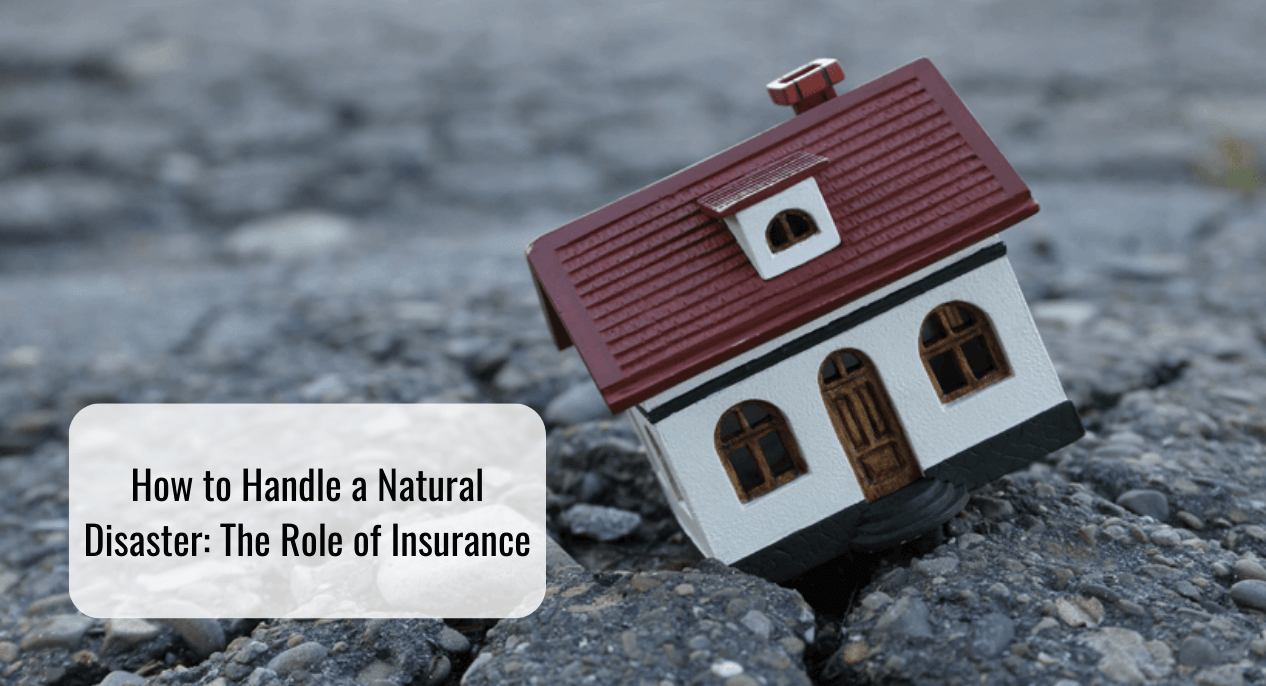
Natural disasters are unpredictable and can leave a trail of devastation in their wake. While we cannot control these catastrophic events, we can certainly prepare for them. One of the critical components of disaster preparedness is having the right insurance coverage. This post will guide you on the role of insurance in a natural disaster and how to maximize your protection.
Understanding Natural Disasters and Insurance
Natural disasters can range from floods, earthquakes, hurricanes to wildfires, each posing unique risks to your property. Standard home insurance policies often cover some natural disasters but not all. Understanding what your insurance covers is key to protecting your assets.
- Read Your Policy: The terms and conditions of your policy detail the types of natural disasters it covers. Often, it includes events like wildfires and windstorms but may exclude floods and earthquakes.
- Get Clarity: If your policy document leaves you with doubts, reach out to your insurance agent. They can explain the specifics of your policy and suggest any needed additional coverage.
Extending Your Coverage
If your current policy does not cover certain natural disasters common in your area, it may be wise to extend your coverage.
- Flood Insurance: Standard home insurance policies typically do not cover floods. If you live in a flood-prone area, consider purchasing separate flood insurance.
- Earthquake Insurance: Similar to flood insurance, earthquake coverage is usually not part of standard home insurance and can be purchased separately.
Before the Disaster: Preparing and Documenting
To fully utilize your home insurance in the wake of a natural disaster, there are a few steps you can take:
- Home Inventory: Documenting your personal property is crucial. Keep a record of your belongings, including their purchase date, price, and any other relevant details. Include photographs or videos for a more comprehensive record.
- Policy Review: Regularly reviewing your policy helps ensure your coverage keeps pace with your changing needs. For instance, if you’ve recently renovated your home, you may need to adjust your policy to reflect your home’s increased value.
- Safe Storage: Store all important documents, including your insurance policies and home inventory, in a safe, easily accessible location. Consider keeping digital copies as well.
After the Disaster: Filing a Claim
In the unfortunate event of a natural disaster damaging your property:
- Contact Your Insurer: Notify your insurance company as soon as possible. They can guide you through the claim process.
- Document the Damage: Take photos or videos of the damage before you start cleanup. This evidence supports your claim.
- Repairs and Cleanup: Make temporary repairs to prevent further damage. Keep receipts of any expenses incurred during cleanup and repairs to be included in your claim.
The Payout
Once your claim is processed, your insurer will issue a payout. The amount you receive depends on your policy’s terms, like whether it offers replacement cost value (RCV) or actual cash value (ACV) for your belongings. RCV covers the cost of replacing your damaged items with new ones, whereas ACV takes into account depreciation.
Navigating a natural disaster can be stressful, but the right insurance coverage can make recovery a less daunting task. Through comprehensive planning, understanding your coverage, and diligent documentation, you can streamline the claim process and speed up your road to recovery.
For more insights into home insurance and how to ensure your coverage fits your needs, feel free to visit our homepage.
Remember, insurance policies may vary or may be updated over time. Always check with your insurance agent to ensure you have the most current and suitable coverage for your needs. Stay prepared, stay protected!